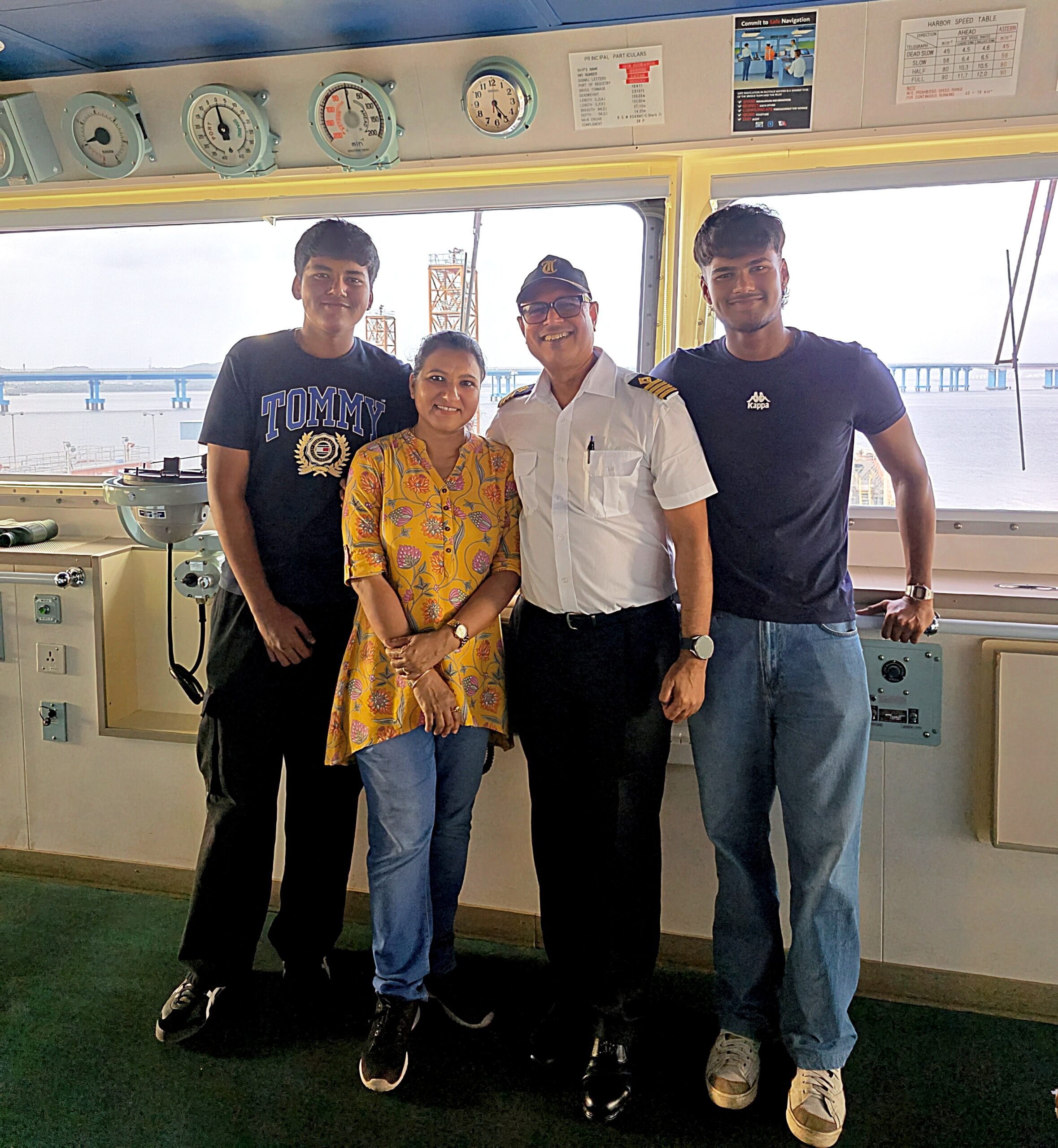

After working for over 27 years in the hospitality industry, I’ve seen just how exciting and rewarding a career here can be. My journey from a young trainee to training and mentoring professionals has shown me that hotel management is much more than a job. It’s a fast paced, creative profession that shapes people into leaders and innovators.
The current situation
India has a growing hotel industry, covering international chains, renowned luxury brands, and a lively food scene. One would expect this sector to draw in the country’s brightest young people. Oddly, hotel management courses often have many empty seats and low enrollment, especially in colleges that are not in the top tier. This is difficult to understand considering the vast international opportunities, creative roles, and rapid career growth promised by the industry. So, why are so few students taking up hotel management, and how can we make hospitality education more attractive?
Understanding the problem
A key reason is outdated thinking. Many students and parents still see hotel management as a ‘backup plan’ chosen only if other options like engineering, medicine, or business don’t work out. Some even believe it’s all about service work an easy option with little prestige. But managing hotels is actually a complex business, demanding smart leadership, creativity, and business skills.
Hospitality also suffers from unfair comparisons. Many think only business or technology careers are respected, and overlook the wide range of exciting fields in hospitality, from hotel management and luxury services to event planning, food businesses, travel technology, and even eco-friendly initiatives. In reality, hospitality offers a wide variety of career options and helps people fit into many different industries.

Why some courses are popular while others are not?
Courses connected to famous hotel brands or top colleges are more popular. Their strong reputation, links to big hotel chains, and the chance to work with well-known companies sound appealing. TV shows featuring celebrity chefs and successful alumni in big cities also add to the glamour.
But areas like rural tourism, sustainable hotel practices, and specialized food and beverage roles are less known. Since students rarely hear about these opportunities, courses in such areas struggle to fill their seats even though they are important for the industry’s future.
Why aren’t more students choosing hospitality?
Despite its promise, many hotel management courses have trouble attracting students. Reasons may include:
Old perceptions: persistent myths about hotel management being ‘just serving’ or offering little career growth can put off ambitious students. Leadership, travel, and entrepreneurship opportunities are not highlighted enough.
Weak communication: many colleges still use flat brochures and dull ads that don’t show the excitement or advantages of a hospitality career.
Mismatch with industry needs: apart from top colleges, most courses teach things that don’t always fit with what modern hotels need. Students fear they may not get a good job after graduation.
Focus on cities: most information and outreach focus on city students. Those in smaller towns or villages know very little about the range of options hospitality can offer.
Making hospitality education attractive: For real improvement, hospitality education in India needs active rebranding, not just minor fixes. Here are some ways forward:
Why this is urgent?
With India’s hotel and hospitality industry growing fast, backed by government support and a bigger middle class, now is the time for colleges to innovate, tell better stories, and welcome students from all backgrounds. My own experience proves that passionate, determined professionals shape the future of hospitality. Rebranding hospitality education to show its real value creative, focused on leadership, and globally connected can excite a new generation and fill every seat for the leaders of tomorrow.
PS: This article of mine first appeared in ETHospitality World